Description
BONABEBE SYRUP
OVERVIEW
Bonababe Syrup is used to treat a variety of ailments, including hay fever, allergies, colds, headaches, earaches, joint pain, and fevers. Bonabebe syrup is primarily used to treat toothaches, which in children can also be accompanied by headaches, colds, and the flu.
When a baby is teething, the first teeth will erupt from the gums. Both parents and babies may experience frustration during this time. Although teething can start as early as three months, you’ll likely notice your baby’s first tooth begins to erupt between the ages of four and seven months.
The two bottom front teeth also referred to as the central incisors, are typically the first teeth to erupt. The central and lateral incisors, which make up the upper front four teeth, usually follow them 4 to 8 weeks later. The lower lateral incisors, which are the two teeth that flank the lower front teeth, will start to erupt about a month later.
The first molars, which are the back teeth used for grinding food, erupt next, followed by the eyeteeth, which are the angular teeth in the upper jaw. Children who are teething may drool more and want to chew on objects. Teething can be painless for some infants. While some may appear grumpy for weeks, have crying fits, and have their eating and sleeping schedules disrupted, others may become irritable for brief periods of time. Teething can be uncomfortable, but if your baby is acting particularly agitated, consult your doctor.
Teething typically doesn’t result in high fever or diarrhea, though your baby’s temperature may be a little higher than usual due to tender and swollen gums.
Bonababe Syrup contains Chlorpheniramine Maleate, Concentrated Dill Water, and Paracetamol as active ingredients.
Bonababe Syrup works by increasing the pain threshold and increasing the blood flow across the skin, causing heat loss and sweating; blocking H1-receptor sites on tissues;
Chlorpheniramine is an antihistamine used to relieve symptoms of allergies, hay fever, and the common cold. Rash, watery eyes, itchy eyes, nose, throat, and skin, cough, runny nose, and sneezing are some of these symptoms. This medication works by preventing the body from producing a particular natural chemical called histamine when you experience an allergic reaction. It aids in the relief of symptoms like watery eyes and a runny nose by drying up some bodily fluids by obstructing an additional naturally occurring substance your body produces (acetylcholine).
Concentrated Dill Water is a medication used to treat a variety of ailments, including high blood acidity, heartburn, urine alkalinization, and gastric lavage in cases of methanol poisoning.
Paracetamol is a common painkiller for children. It is frequently used to treat cold symptoms, earaches, stomachaches, and headaches. It can also be used to lower a fever or high body temperature.
COMPOSITION
Bonababe Syrup is composed of the following active ingredients:
- Paracetamol – 120Mg
- Chlorpheniramine Maleate – 0.5Mg
- Conc. Dil. Water – 0.10Ml/5Ml
DIRECTION OF USE
For 6 months to 1 year, administer 5ml three times daily.
Give 10ml three times a day to children over the age of two.
PRECAUTIONS
Keep Bonabebe syrup bottle tightly closed away from direct sunlight and within the reach of children.
INDICATION
Bonababe Syrup is used for the treatment, control, prevention, and improvement of the following diseases, conditions, and symptoms:
- Toothache
- Fever
- Headache
- Ear pain
- Joint pain
- Periods pain
- Cold
- Flu
- Allergy
- Hay fever
- Common cold
- Watery eyes
- Itchy throat/skin
- Anaphylactic shock
- Rhinitis
- Urticaria
SIDE EFFECTS
The following is a list of possible side-effects that may occur from all the constituting ingredients of Bonababe Syrup.
- Feeling of sickness
- Skin reddening
- Allergic reactions
- Shortness of breath
- Swollen facial features
- Liver damage
- Abnormalities of blood cells
- Nausea
- Rashes
- Liver toxicity
- Less white blood cells
- Acute renal tubular necrosis
- Blood dyscrasias
- Feeling nervous
- Tightness in chest
- Stomach pain
- Drowsiness
- Muscular weakness
- Ringing in ears
- Constipation
- Blurred vision
- Hypotension
- Painful urination
- Dry mouth
- Changes in appetite
- Headache
- Age-related deficits in motor function


 Cart is empty
Cart is empty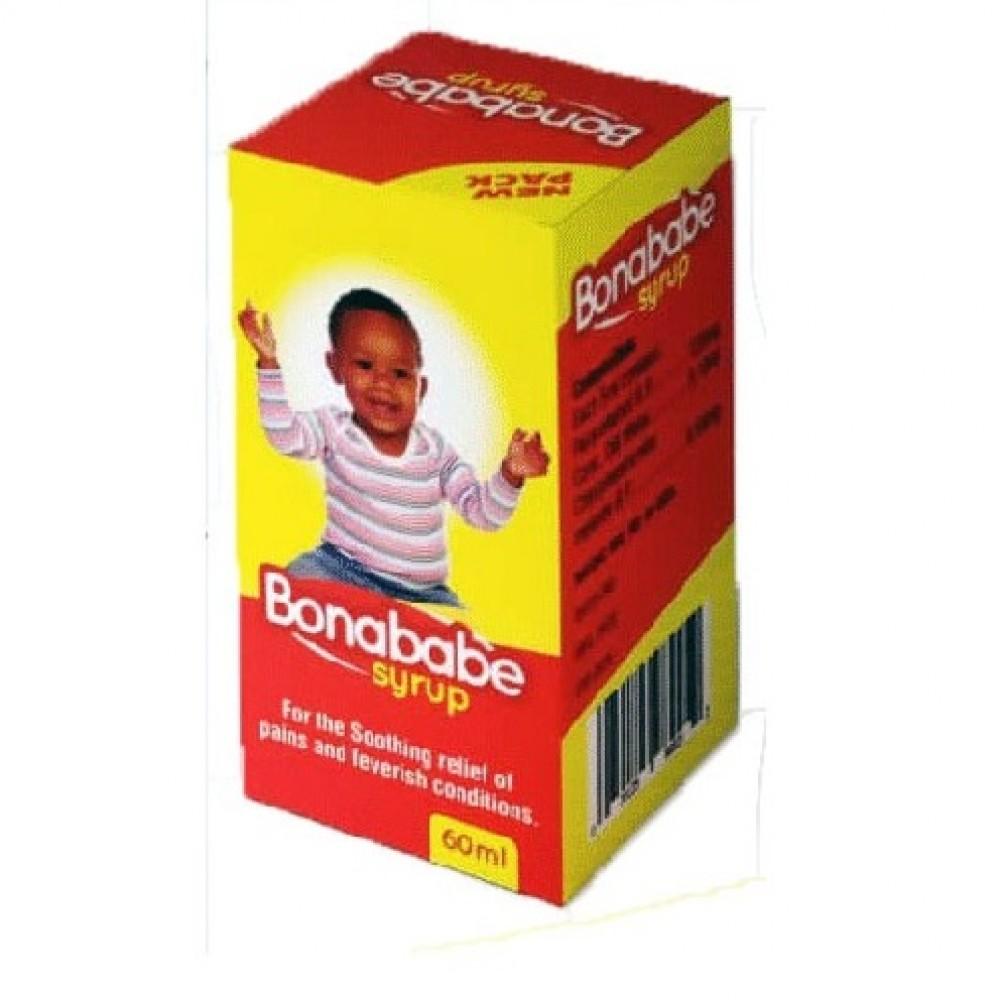
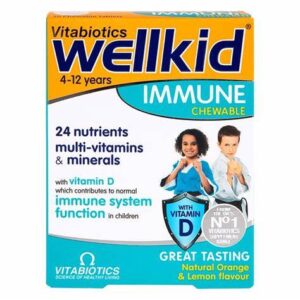
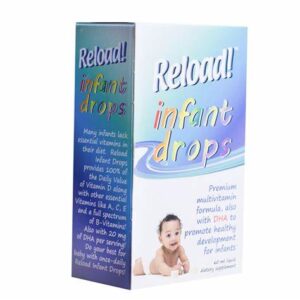
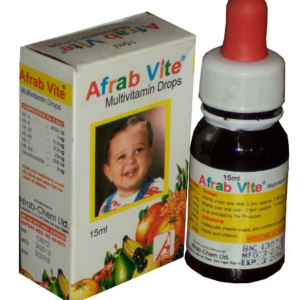
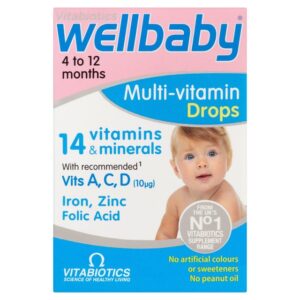
Reviews
There are no reviews yet.